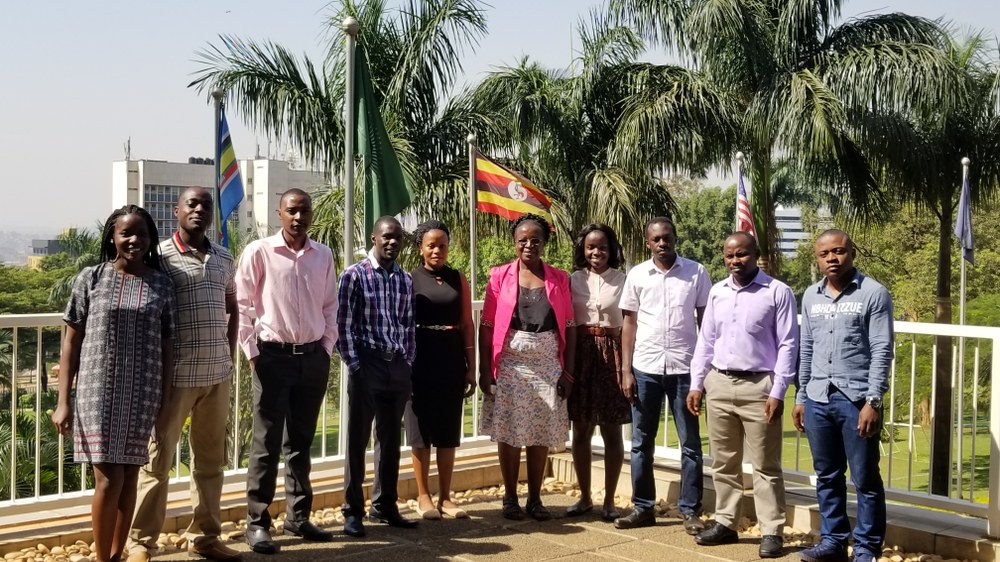The Food Safety Training program (FST) aims to develop and implement a curriculum to fill in the gaps of food safety in food testing laboratories in East and Southern Africa. It addresses food safety principles (food microbiology, sanitation, HACCP, and food defense), lab safety, quality assurance, and validation of test methods, metrics, sampling protocols, management, accreditation, methodologies, data analyses and interpretation, maintenance, and troubleshooting.

Project Title: Food Safety Training (FST)
Target Countries: Ethiopia, Uganda, Mozambique, Rwanda, Kenya, Namibia, Zambia, Malawi
Principal Partner: United States Department of Agriculture (USDA)
Supporting Source: United States Department of Agriculture (USDA)
Collaborators: Department of Food Science
Project Description:
Due to the burden of foodborne diseases in Africa and lack of general food testing laboratory safety and quality assurance, it is necessary to revisit strategies and methods in food testing to combat foodborne illness deriving from handling, preparing, and storing food. This requires training laboratory personnel to detect biological and chemical hazards, assess data, and make recommendations based on their findings. The "Food Safety Training" (FST) program strives to close the gaps in the assessment of food safety in food testing laboratories in East and Southern Africa by providing these training services to food testing laboratory personnel. The developed curriculum covers cover all aspects of the food safety system, from understanding of food safety systems, to sample collection, recordkeeping, and to troubleshooting. It consists of online and face-to-face training modules with lectures, breakout sessions and hands-on laboratory exercises. Upon completing the modules and passing assessments with a 70% or higher, participants receive a "Certificate of Completion" from Penn State University. In addition to training, this project collects demographic data and evaluates the impact of the training on food safety knowledge, behavior, attitude, and skills of laboratory personnel.
Ag Sciences Global
Address
106 Agricultural Administration BuildingUniversity Park, PA 16802
- Email globalag@psu.edu
- Office 814-863-0249
- Fax 814-865-3055
Ag Sciences Global
Address
106 Agricultural Administration BuildingUniversity Park, PA 16802
- Email globalag@psu.edu
- Office 814-863-0249
- Fax 814-865-3055

